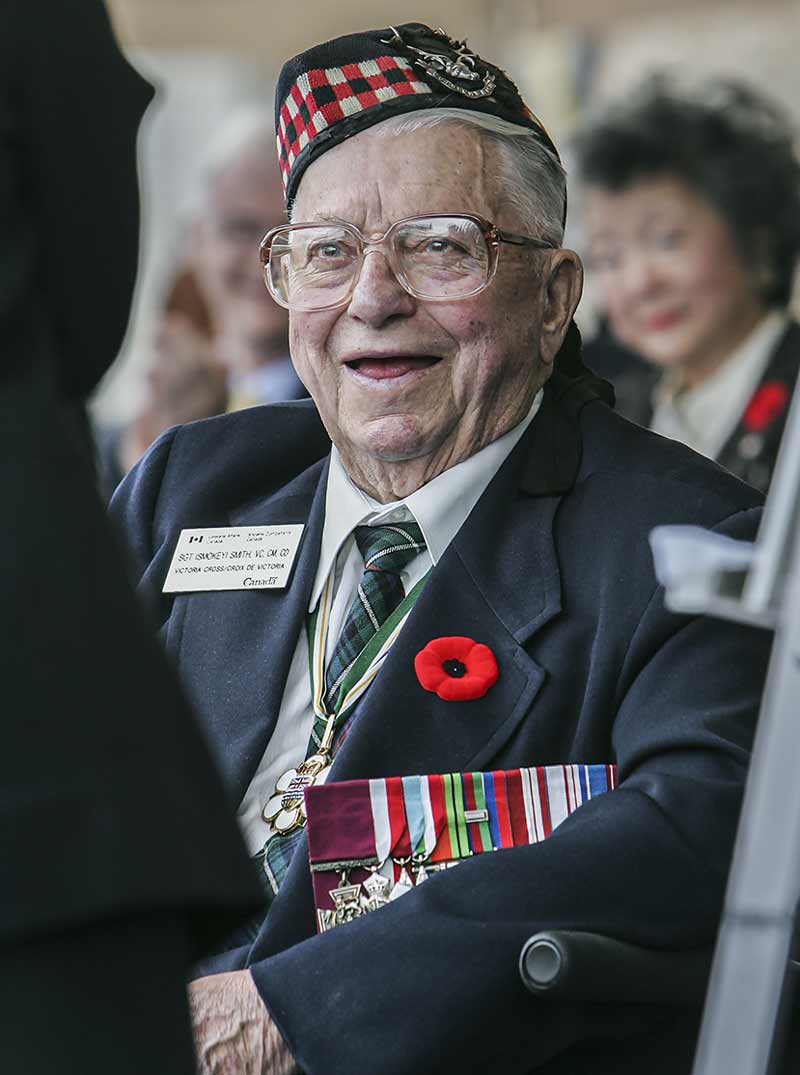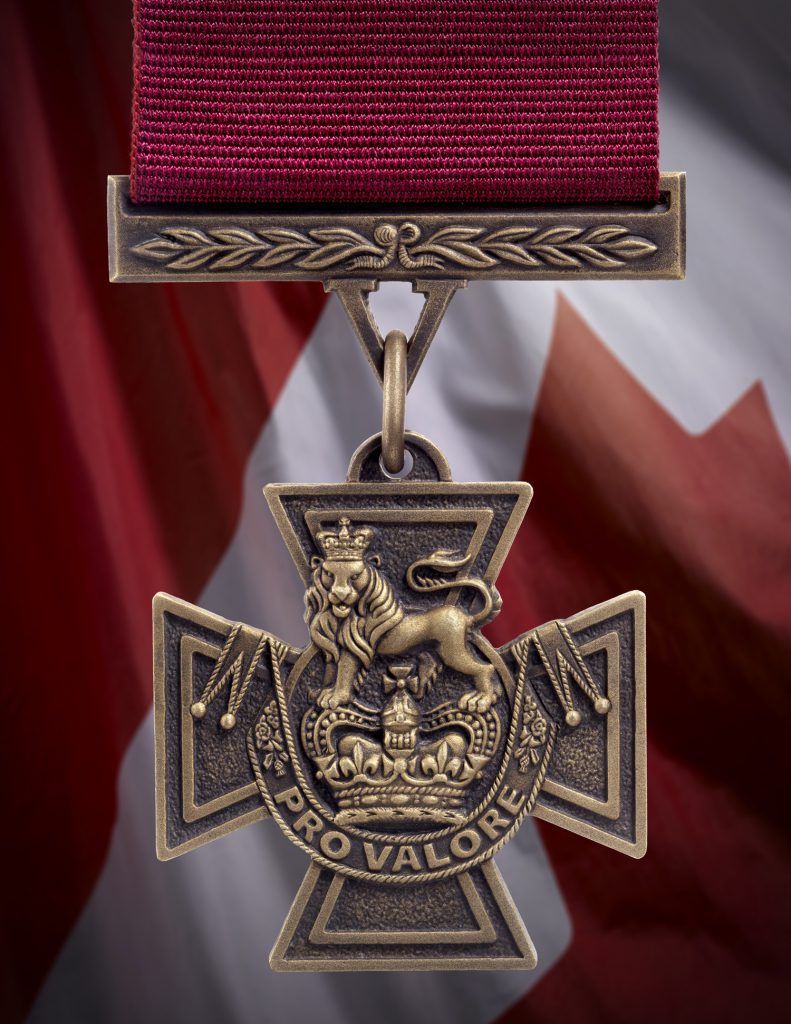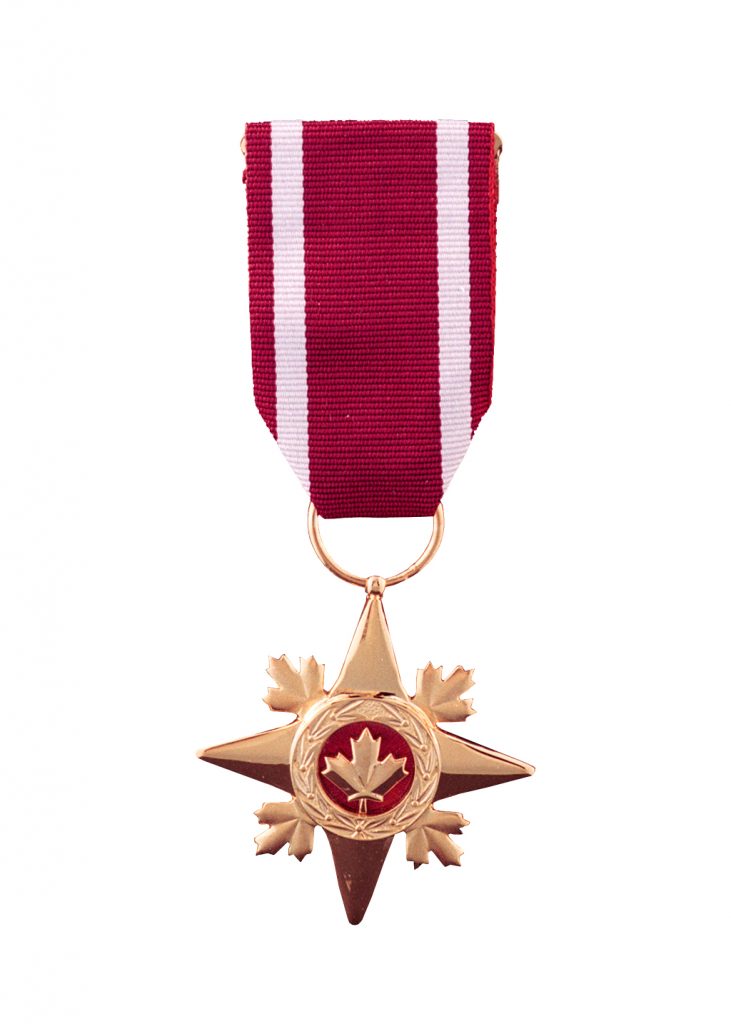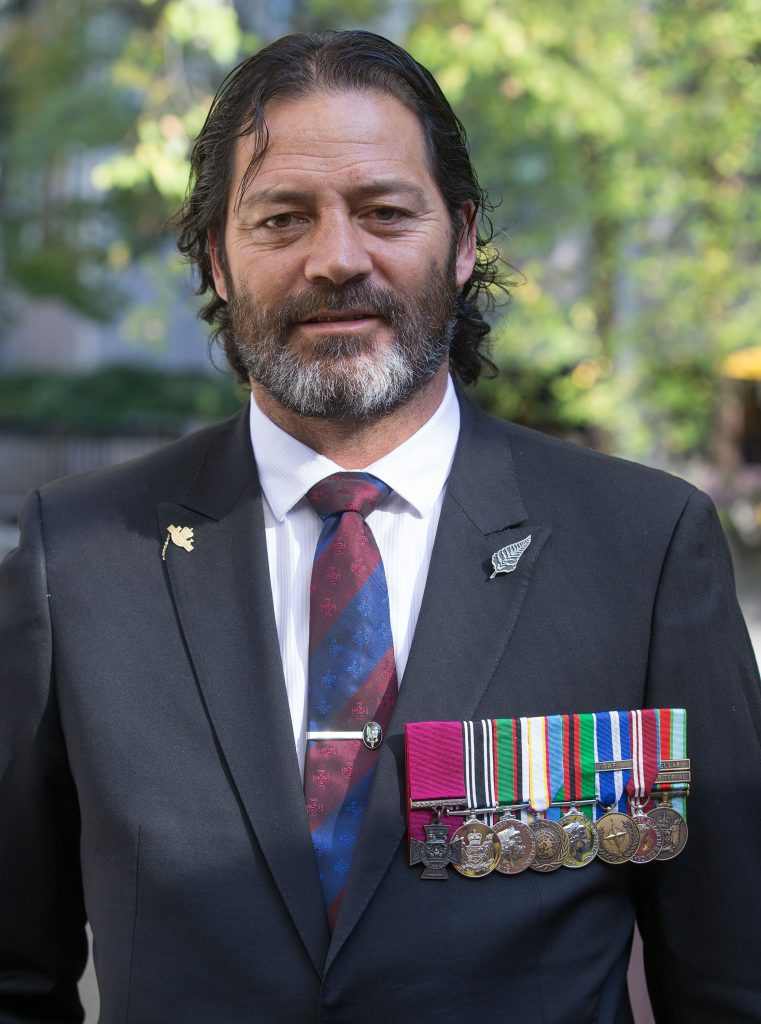
Politics, racism, colonialism and other flaws and frailties have figured in the process since Queen Victoria created the medal for all ranks in 1856.
Now a retired public servant, who worked in the military’s Directorate of Honours and Recognition for almost a decade, says that in the Canada of 2023, a modern-day “two solitudes” is fuelling a debate over the first Canadian Victoria Cross.
The British version of the iconic medal was awarded to almost 100 Canadians, the last for actions in 1945. It was eliminated in Canada when Ottawa began overhauling the Canadian honours system in 1972. With the VC on the chopping block, Liberal Prime Minister Pierre Trudeau said Canadians should receive only Canadian decorations.
It wasn’t until years after Conservative Prime Minister Brian Mulroney struck a committee to study the issue in 1987 that a new awards system was adopted and Canada established its own VC. It followed Australia’s lead, and retained the name in part at the behest of The Royal Canadian Legion. New Zealand created its VC in 1999.
Twenty Stars of Military Valour, the second-highest Canadian gallantry decoration, were awarded for actions in Afghanistan. But National Defence Headquarters recently refused to consider an upgrade for the most prominent of them, Jess Larochelle, because of a time limit imposed by a British-born king, George VI, in 1950.
Furthermore, Canada adopted its own limit on valour awards, specifically, requiring nominations within two years of the action for which they were considered.
And so, three decades, and one long war, after it was struck, the Canadian VC remains elusive, its ultimate status unknown.
The former bureaucrat, who spoke to Legion Magazine on condition of anonymity, described what he says is preventing the awards and review processes from taking their natural course.
“We have Canada’s two solitudes,” he said. “Liberal nationalism and Conservative monarchism. And to a certain extent, military identity has been the victim of Canada’s two solitudes and, clearly, Liberal nationalism is winning, based on demographics.”

“They are completely bogus and have no basis in law or practice in Canada for a number of reasons.”
It was Liberal governments that nurtured Canada’s national identity through the 1960s into the 1970s.
Some initiatives were good—replacing the Union Jack with the Maple Leaf Flag; patriating the Constitution and creating the Charter of Rights and Freedoms—while others fell short, to wit: unifying the Canadian Armed Forces in 1968, outfitting them in one uniform, and reconfiguring the regimental system. All served to gut military morale.
Mulroney’s governments restored more traditional and distinct army, navy and air force uniforms, though they maintained the forces’ unified structure.
In 2011, Stephen Harper’s Conservative government renamed the three environmental commands of the CAF to reflect their original designations: Air Command was changed to the Royal Canadian Air Force; Maritime Command went back to the Royal Canadian Navy; and Land Force Command became the Canadian Army.
The changes aligned with other key Commonwealth countries whose militaries use the royal designation and restored more traditional uniform insignia.
The forces’ unified command structure did not change, however. The services still have no separate legal status.
Lawyer and former Conservative leader Erin O’Toole, whose bid to strike a committee to review potential VC actions was defeated in the Commons last spring, says he’s drafting a response to the limitation arguments.
“They are completely bogus and have no basis in law or practice in Canada for a number of reasons,” he wrote in an email. “The most obvious is the fact the Mulroney government repatriated the VC in the 1990s.

The bureaucratic source, who played a key role in implementing the changes more than a decade ago, says Prime Minister Justin Trudeau wants “badly” to eclipse his father’s legacy and eventually eliminate the military’s British trappings once and for all—the VC included.
“There’s a definite core of people in government who don’t want Victoria Crosses awarded,” he said. “I believe Canada didn’t issue a VC, not because we didn’t have a soldier or soldiers do the right things to get a VC. It’s because we within government saw the Star of Military Valour as being the equivalent and we issue our own medals and not foreign medals.
“All those Canadian awards were created to be the equivalent of the old Military Cross, the old Military Medal, the old Distinguished Service Order,” he explained. “They were all created as Canadian equivalents to distance us from the Crown. It was a political decision, not a decision based on evaluation.”
No medal, no matter its rules of eligibility, can replace the Victoria Cross.
The head of the Honours and Recognition directorate, Lieutenant-Colonel Carl Gauthier, said the time limit on decorations is hard and fast. The defence chief, General Wayne Eyre, who admitted he struggled with the Larochelle decision, emphasized the importance of ensuring “events are judged by the standards and values of the time, are compared with other contemporary examples and that previous decisions are not second-guessed and history is not reinterpreted.”
History, however, is constantly being reinterpreted and injustices of the past corrected or addressed. And recent military history is rife with exceptions to the rules:
- Korean War veterans did not receive Canadian war medals until 1991, almost 40 years after the Commonwealth and United Nations gave them campaign decorations;
- veterans of the 1941 defence of Hong Kong and the infamous Dieppe Raid of 1942 did not receive bars to their war medals until the 1990s;
- and veterans of the air campaign over Europe got Bomber Command bars in 2013, almost 70 years later.
No medal, no matter its rules of eligibility, can replace the Victoria Cross. It is recognized and respected by soldiers everywhere. There is a certain mystique to the cross with its distinctive burgundy ribbon, and the legend surrounding its creation from the melted-down barrels of captured cannons, the origins of which are not quite clear.
Created seven years before the U.S. Medal of Honor, the Victoria Cross has been awarded 1,358 times, including bars for three soldiers who earned second VCs. Most of the medals were given prior to the Second World War, before extensive rosters of secondary valour awards were invoked.
By comparison, the Medal of Honor has been awarded 3,512 times since the middle of the American Civil War, including 19 second decorations.
The Americans awarded 20 Medals of Honor for actions in Afghanistan; the British gave three VCs, the Australians four and New Zealand one.

“This is a country that just doesn’t get it right, who shoots itself in the foot,” said the former bureaucrat.
Bruce Moncur, the Afghanistan veteran who created Valour in the Presence of the Enemy, the group spearheading the Larochelle campaign, plans to wait it out until a government more aligned with its cause takes charge in Ottawa.
Said Moncur: “We’re under no illusion that DND is going to do the right thing because it’s the right thing to do; DND will do the right thing because they’re ordered to.”
Advertisement












